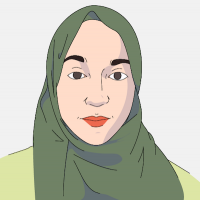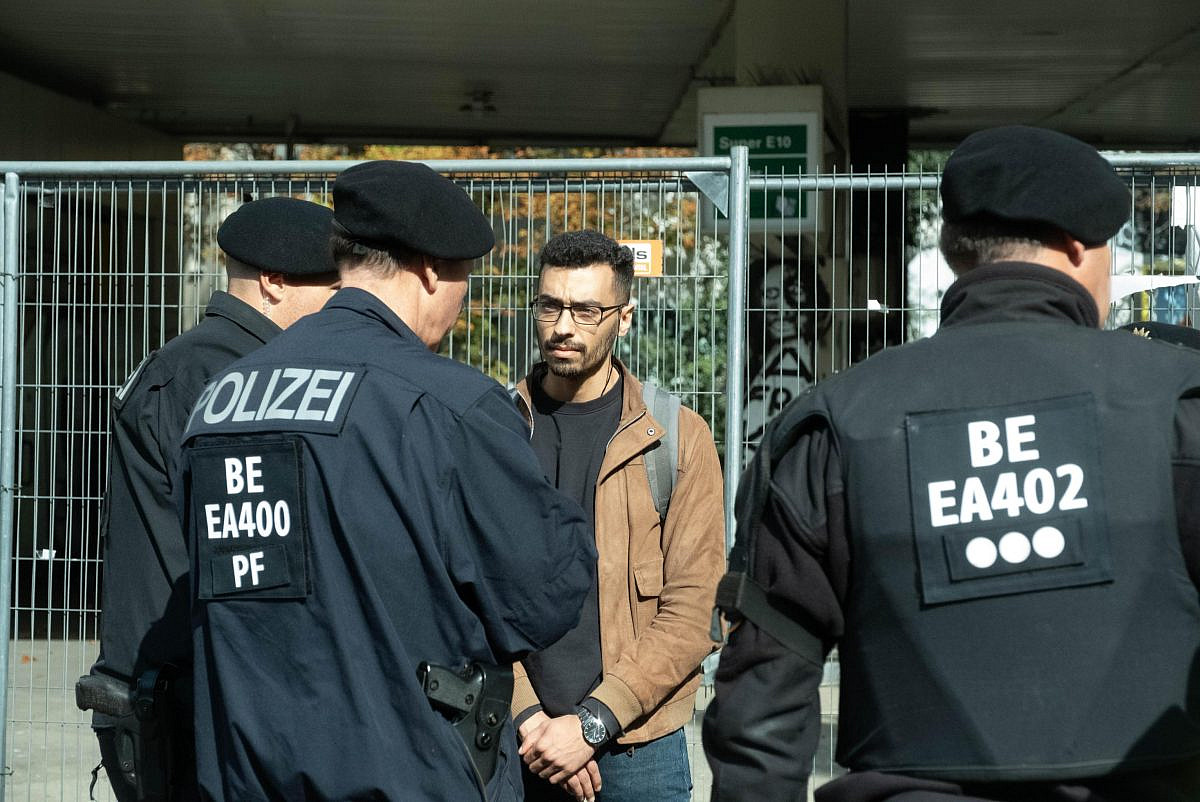On July 19, Zaid Abdulnasser, a Palestinian refugee from Syria who has been living in Berlin since 2017, received a letter in the mail. It was a notice from Germany’s Federal Office for Migration and Refugees (BAMF) alerting him that his refugee status was set to be rescinded and his protection by the BAMF terminated.
The decision to withdraw Abdulnasser’s refugee status was due to what the BAMF called “extremist activities” — namely, his activism with the Palestinian advocacy group Samidoun, an international network of activists working to build solidarity with the struggle of Palestinian prisoners languishing in Israeli jails. Samidoun, which organizes protests and other awareness-raising campaigns, has faced persistent accusations of “extremism” and connections with terrorist groups, though there is no evidence of such.
Abdulnasser’s lawyer, Nadija Samour, told +972 that if the German state is successful, Abdulnasser would be forced into duldungstatus, or “toleration status;” this means he would no longer have the rights of a recognized refugee, but that the authorities would not be allowed to deport him to Syria.
“Duldung is a very typical Palestinian story here in Germany,” Samour explained. “It basically means that he would be in an open air prison and wouldn’t be able to travel, and likely wouldn’t be able to work or study at a university. The repercussions will be quite severe if they pull through with this decision.”
As Abdulnasser sees it, he was, in a tragic way, lucky to have gotten refugee status in the first place. “I was born in Syria as a refugee — the son, grandson, and great grandson of Palestinian refugees who are denied their right to return to their homes in Palestine,” he told +972. “The fact that I was granted refugee status in Germany to begin with is only due to the fact that I was born in Syria — a country Germany classifies as ‘war torn.’”
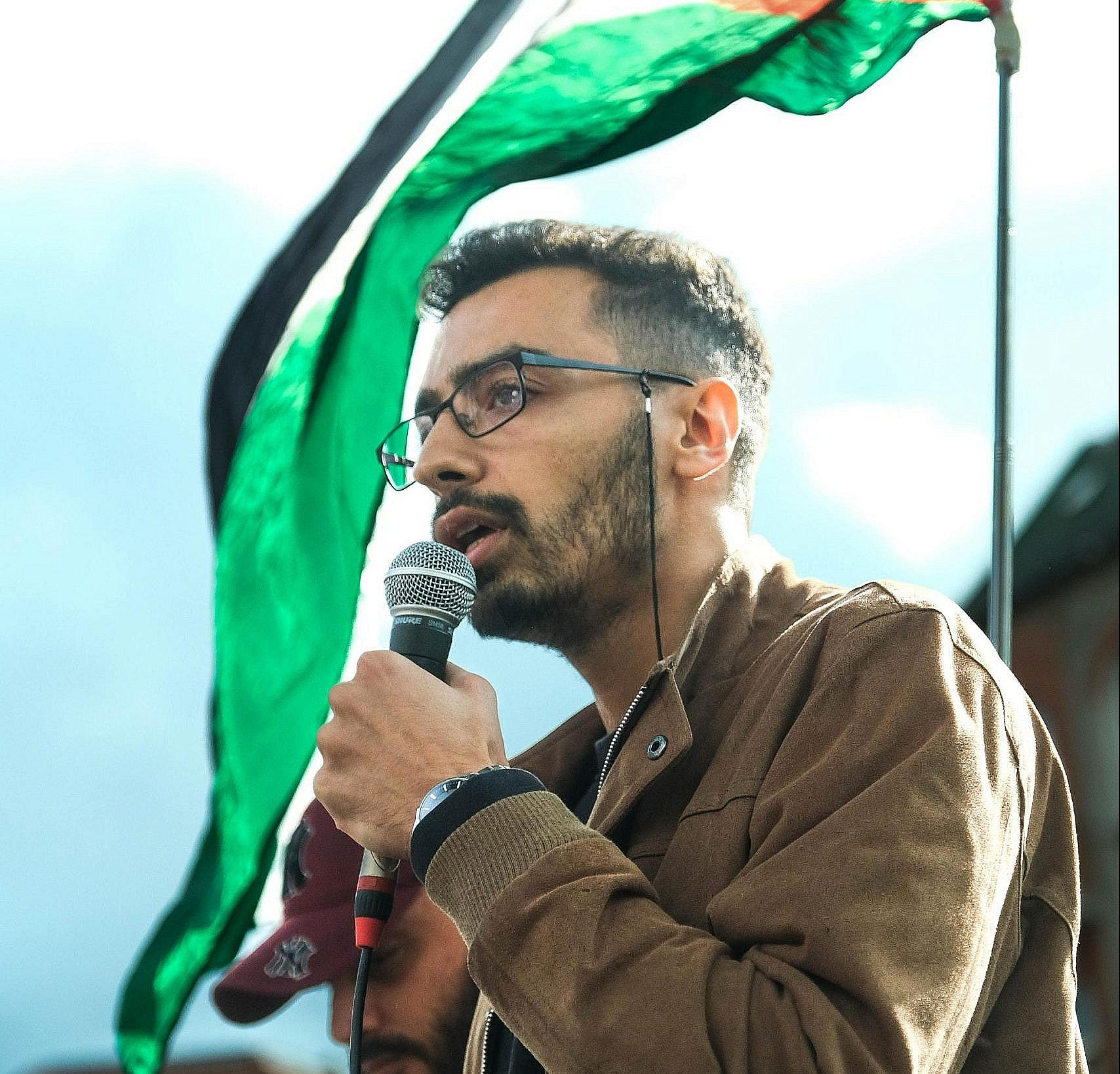
But the letter Abdulnasser received in July is of a piece with Germany’s increasingly harsh treatment of Palestinians writ large. “While in Germany, I’ve been a student, received my degrees, published an academic paper, and I’m now working in my profession as an electrical engineer,” he said. “For the state, this of course is irrelevant. A Palestinian refugee must first and foremost relinquish his Palestinian history and reality: everything else is nothing but minor details. This happens while the state continues to demonize refugees and blame them for its failures.”
‘Copy-paste of a racist government’
There are thousands of Palestinians living in Germany who, like Abdulnasser, do not have a home to return to and instead acquire duldungstatus, leaving them in perpetual limbo. Decades ago, after thousands of Palestinian refugees came to Germany fleeing the Lebanese Civil War, the German government refused to recognize them as political refugees: fewer than 2 percent of these Palestinian asylum seekers won refugee status.
Because Lebanon would not agree to their return, the rest of this Palestinian population were stuck and designated with “toleration status,” which meant their deportation was temporarily on hold, but could be carried out at a later point. In the meantime, they were denied rights granted to other refugees, such as the ability to attend university, get a work permit, or have sufficient documentation for international travel.
For the Palestinian community, this meant living in constant fear of deportation; given the instability of their legal status, they faced high levels of crime and poverty. They saw their social benefits dwindle, leading some to turn to illegal work as the only means of survival.
In the decades since, a dangerous trend has arisen in Germany: a crackdown on pro-Palestine activism in the name of combating antisemitism. “What the state is demanding is not directed at me as a person, but to all Palestinian refugees in Germany,” Abdulnasser explained. “My case is not the first nor only one: Germany has revoked residencies for other Palestinians because of their engagement in pro-Palestine work. The goal of these attacks is to prevent Palestinian refugees from organizing themselves, from taking to the streets, and from engaging in their struggle for liberation and return.”
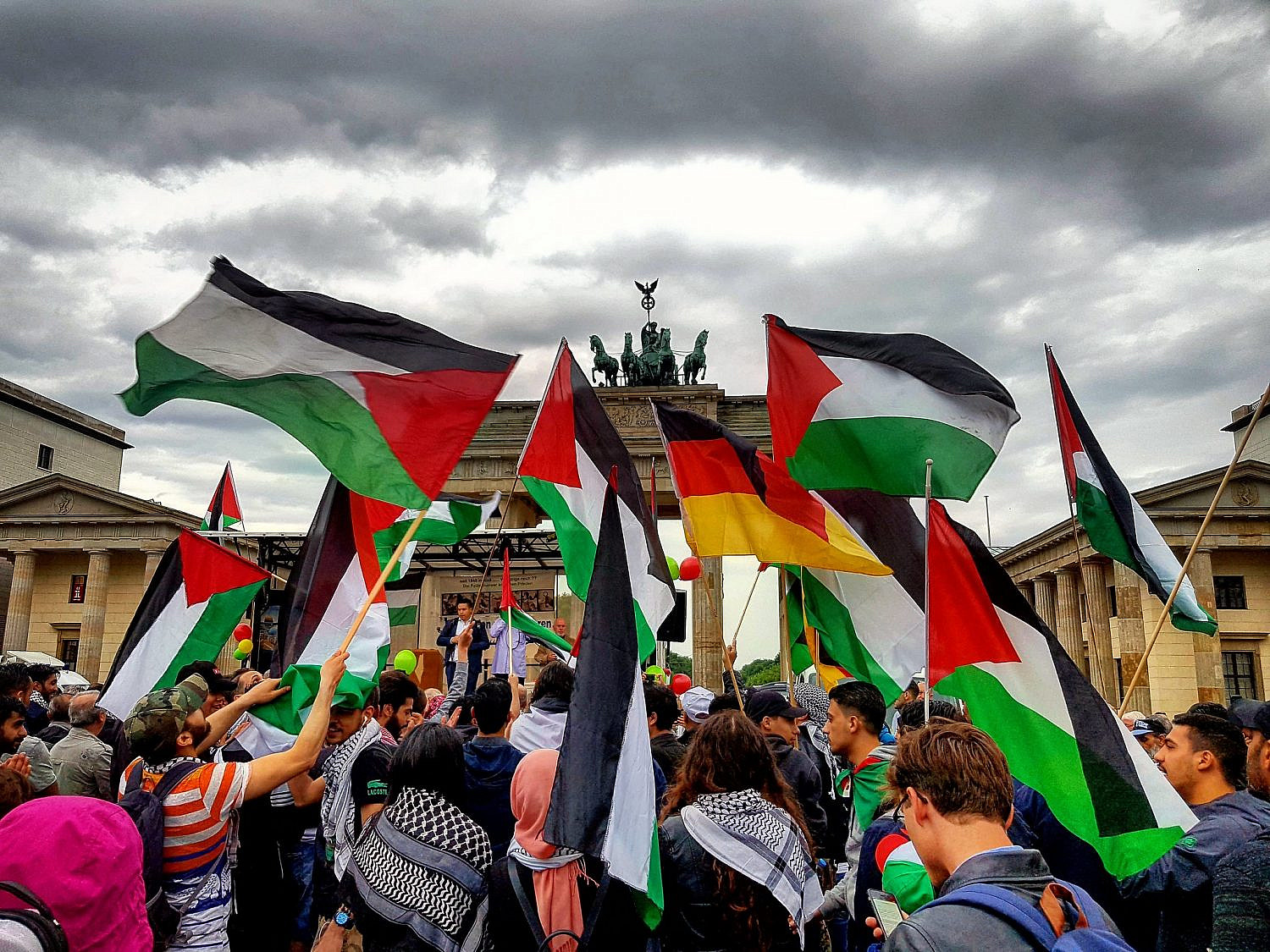
BAMF received supporting documents from Berlin’s Senate Department for the Interior, and according to the department, Abdulnasser’s refugee protection status is being rescinded due to an alleged connection between Samidoun and the Popular Front for the Liberation of Palestine (PFLP). However, it is not clear how the state plans to prove this link. In the official letter sent to +972, the department explained that while the PFLP “is not subject to a ban on activity in Germany, the dissemination of propaganda materials and the use of symbols of terrorist organizations that are listed on the EU terror list are prohibited.”
A few sentences later, Berlin’s Senate Department also conceded that although “Samidoun does not fall under the bans mentioned,” it was designated as a terrorist organization and “a direct offshoot of the PFLP” by then-Israeli defense minister, Benny Gantz, in February 2021.
A few months later, Gantz designated six prominent Palestine-based human rights groups as terrorist groups. (A joint investigation by +972, Local Call, and The Intercept found that the allegations Israel provided in a secret dossier to foreign governments to explain the decision were essentially baseless). The German Federal Foreign Office responded to Gantz’s declaration by subtly questioning its legitimacy: “No substantial information was received from Israel that would justify reviewing our policy towards the six Palestinian NGOs on the basis of the Israeli decision to designate these NGOs as ‘terrorist organizations,’” it said in a joint statement with other EU foreign ministries.
It is unclear whether Germany has since received any concrete evidence from the Israeli state that would prove a link between Samidoun and the PFLP. Samour, Abdulnasser’s lawyer, said the only way to verify the existence of any such connection is if political actors became directly involved.
In the absence of any evidence, German authorities have had to rely on Gantz’s designation of Samidoun as a terrorist group, despite their previous skepticism of his reasoning. According to Samour, this process makes little sense.
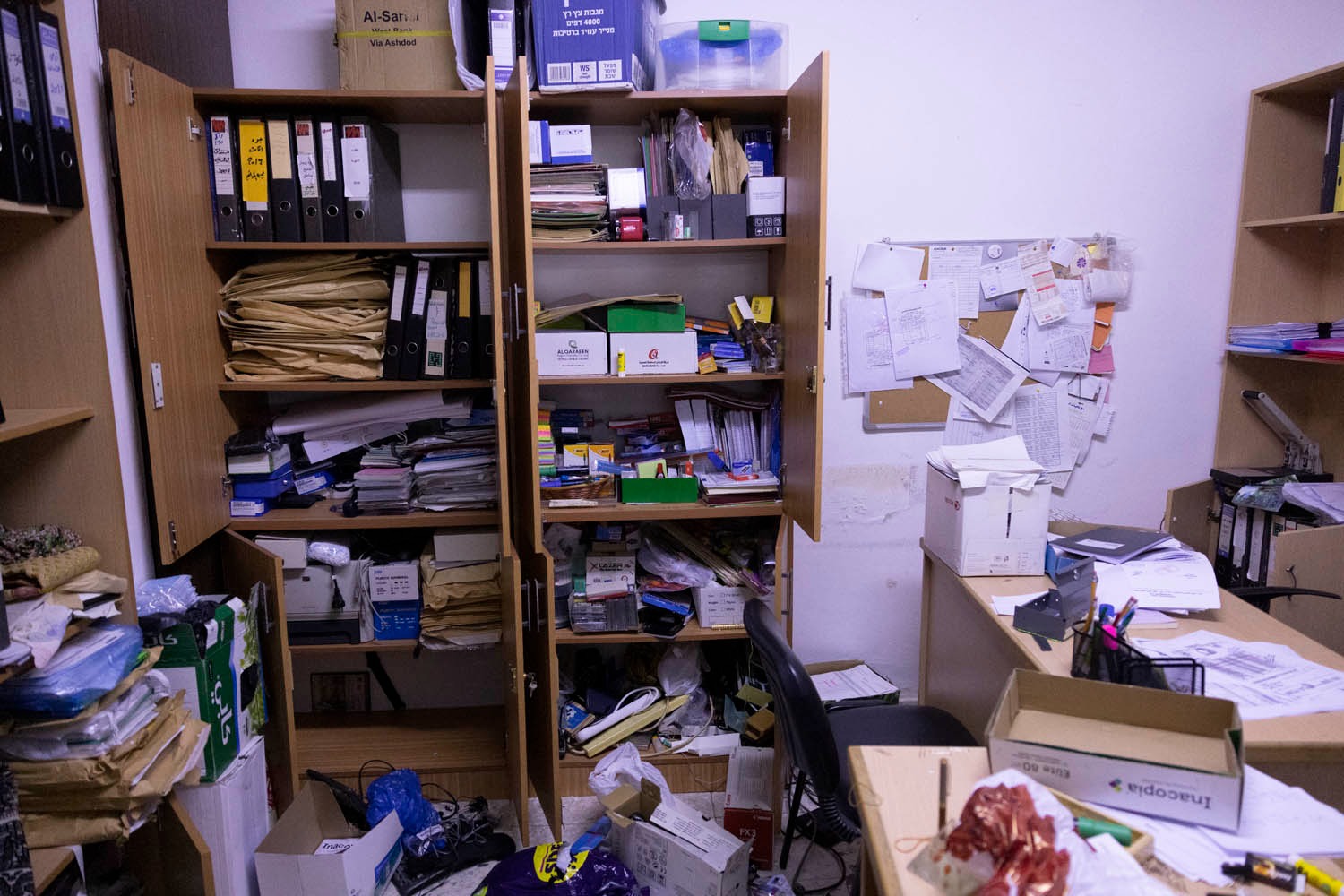
“So far, the only way they could do it is by adopting what Israel has done,” she said. “So this would be based on an Israeli decision? Would the German authorities just copy and paste what a right-wing racist government like Israel has been doing? It is making any resistance against settler colonialism and for Palestinian liberation impossible.”
‘It’s important to fight back’
Revoking refugee status and cracking down on Samidoun are just two ways in which Germany has been imposing severe penalties on Palestinians expressing their identities and political views. Two Palestinian brothers in medical school, for example, are facing deportation after their request to extend their visas was denied; a major reason cited by German authorities for the denial was their participation in community events held by PalMed, a group of Palestinian medical professionals working in Europe.
Samour pointed out that students often hold an especially precarious legal status. “If you are a refugee, Germany is bound by international law to protect you. So there are a couple of safety nets. But students? No,” she explained. “Most lawyers choose a strategy of delaying a decision to make time for the [students] to create reasons to stay, finish their studies, or to find a job [and then apply for a different visa].”
Most read on +972
However, for Abdulnasser and those like him, who choose to speak publicly about Palestinian issues, there is no place to hide — nor does he want to. “Palestinian refugees like myself are an extension of their people in Palestine, and an extension of more than 100 years of ongoing resistance. Forcing them to choose between engaging in their struggle for liberation and return, or to live with indignity while continuing to be exploited by the brutal German system — it’s not a very difficult choice to make,” he said.
The legal pressures on Palestinians who speak out publicly in Germany are growing rapidly as virtually all forms of peaceful resistance are deemed antisemitic. From banning Nakba demonstrations to signing an anti-BDS resolution to consistently criminalizing Palestinian speech, Germany seems eager to erase any visible evidence of Palestinian existence in the country.
“It’s so important to fight back,” Abdulnasser stressed. “We cannot allow this cause to be silenced in Germany any longer.”

